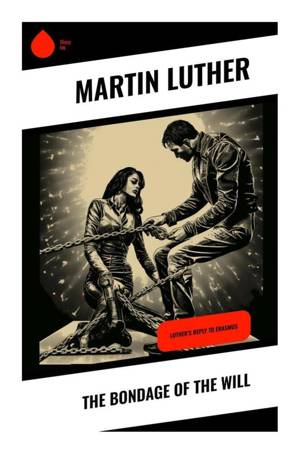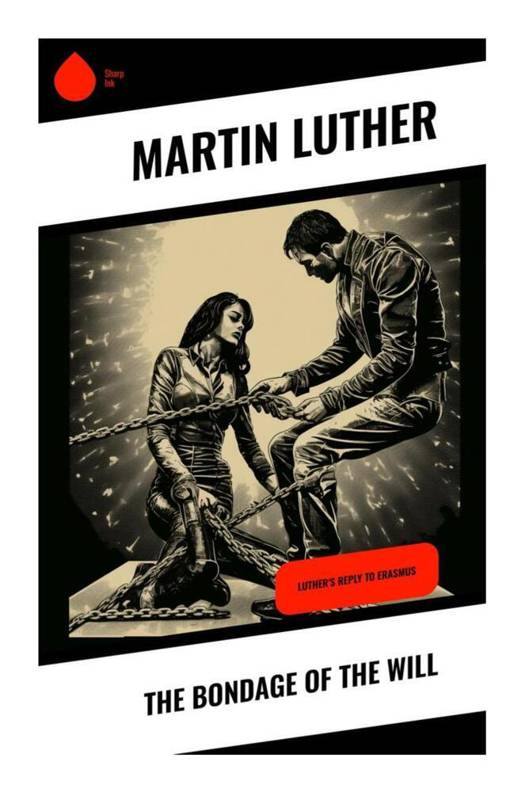
Door een staking bij bpost kan je online bestelling op dit moment iets langer onderweg zijn dan voorzien. Dringend iets nodig? Onze winkels ontvangen jou met open armen!
- Afhalen na 1 uur in een winkel met voorraad
- Gratis thuislevering in België vanaf € 30
- Ruim aanbod met 7 miljoen producten
Door een staking bij bpost kan je online bestelling op dit moment iets langer onderweg zijn dan voorzien. Dringend iets nodig? Onze winkels ontvangen jou met open armen!
- Afhalen na 1 uur in een winkel met voorraad
- Gratis thuislevering in België vanaf € 30
- Ruim aanbod met 7 miljoen producten
Zoeken
€ 11,95
+ 23 punten
Omschrijving
In "The Bondage of the Will," Martin Luther presents a pivotal theological discourse that scrutinizes the nature of human will in relation to divine grace and predestination. Written in 1525 as a direct response to Desiderius Erasmus's "De libero arbitrio," Luther employs a compelling and polemical literary style, weaving together scriptural exegesis and philosophical argumentation. This work emerges from the Renaissance context of humanism and the Reformation, challenging the prevailing notions of free will by asserting the total depravity of man and the necessity of God's grace for salvation. Luther's theological insights provoke readers to reconsider the interplay between faith and human agency, marking this text as indispensable to Christian thought. Martin Luther, a seminal figure of the Reformation, was driven by a profound spiritual crisis and a passionate quest for truth in scripture. His commitment to the doctrine of salvation through faith alone, informed by his transformative experience with Romans 1:17, catalyzed his rejection of church practices that he deemed contrary to biblical teaching. Luther's background as an Augustinian monk and scholar underpinned his arguments, resulting in a rigorous challenge to both ecclesiastical authority and contemporary philosophical perspectives. "The Bondage of the Will" is essential reading for anyone seeking to comprehend the theological underpinnings of the Reformation and the debates surrounding free will. This book not only serves as an intellectual foundation for Protestant thought but also invites readers into a deeper contemplation of God's sovereignty and human responsibility, making it a timeless resource for theologians, historians, and laypersons alike.
Specificaties
Betrokkenen
- Auteur(s):
- Uitgeverij:
Inhoud
- Aantal bladzijden:
- 168
- Taal:
- Engels
Eigenschappen
- Productcode (EAN):
- 9788028336639
- Uitvoering:
- Paperback
- Afmetingen:
- 152 mm x 229 mm
- Gewicht:
- 234 g

Alleen bij Standaard Boekhandel
+ 23 punten op je klantenkaart van Standaard Boekhandel
Beoordelingen
We publiceren alleen reviews die voldoen aan de voorwaarden voor reviews. Bekijk onze voorwaarden voor reviews.











